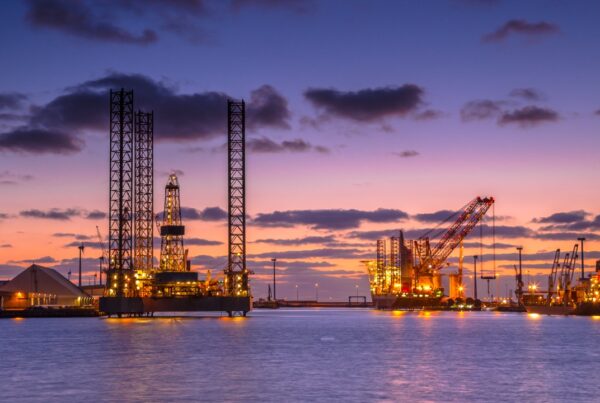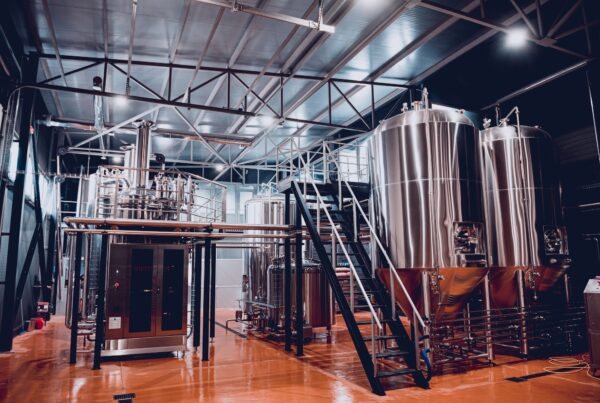Lubricants that support operational safety
In the chemical processing industry, raw materials undergo conversion, then are processed and transformed into finished products. The industry’s production is very broad and includes organic and inorganic chemicals, plastics, fibers, synthetic rubbers and petrochemicals.
The processes used to complete the required chemical conversion often involve extreme temperatures, volatile compounds, aggressive chemicals and reactive gases, which create an environment in which it is difficult to maintain adequate lubrication.
Krytox™ lubricants can be used in valves, fans, pumps, motors, centrifuges, reactors, and other chemical industry components because they offer compatibility with polymers in seals, O-rings, and valves, as well as extending equipment life and reducing maintenance.
Synthetic and high-quality perfluoropolyether (PFPE)-based Krytox lubricants have the following characteristics:
- They do not self-ignite in oxygen at temperatures up to 482 ºC (900 ºF) or pressures up to 350 bar.
- They are safe, nonreactive and nonflammable when used with reactive chemicals.
- They maintain stable lubricity and viscosity over a wide temperature range in highly corrosive environments.
- They are chemically and biologically inert and silicone-free
- They remain unaffected by and non-reactive to acidic or caustic cleaners, disinfectants, steam, moisture and high temperatures
- They remain compatible with chemicals commonly used in industry
- They contain no volatile organic compounds (VOCs) or chlorine.
Ensure safety when exposed to reactive gases with high-performance lubricants
Conventional lubricants containing mineral oils and some synthetic lubricants can react with oxygen or halogens such as chlorine, fluorine and bromine, causing serious accidents. Reactive gas applications require Krytox lubricants that prevent accidents and ensure safety.
Although the risk of explosion, fire, lubricant deterioration, and equipment failure is always possible, Krytox™ NRT (nonreactive) oils and greases can help avoid problems such as:
- The need to purge nitrogen to keep incompatible lubricants below explosive limits.
- Expensive and bulky equipment with interlocks that can fail
- Risk of compression auto-ignition when conventional lubricants come into contact with an oxygen surge
- Lubrication system failure due to oxidation, aggressive chemical attack, or solvent attack
- Flammability and volatilization of base oil of standard lubricants
- Bearing failure due to tars and paints
- Frequent relubrication
Krytox high-performance lubricants tested
Krytox high-performance lubricants have been independently studied and tested by companies and organizations such as Air Liquide, BAM, NASA and General Dynamics, and their compatibility with oxygen and other reactive chemicals has been confirmed




